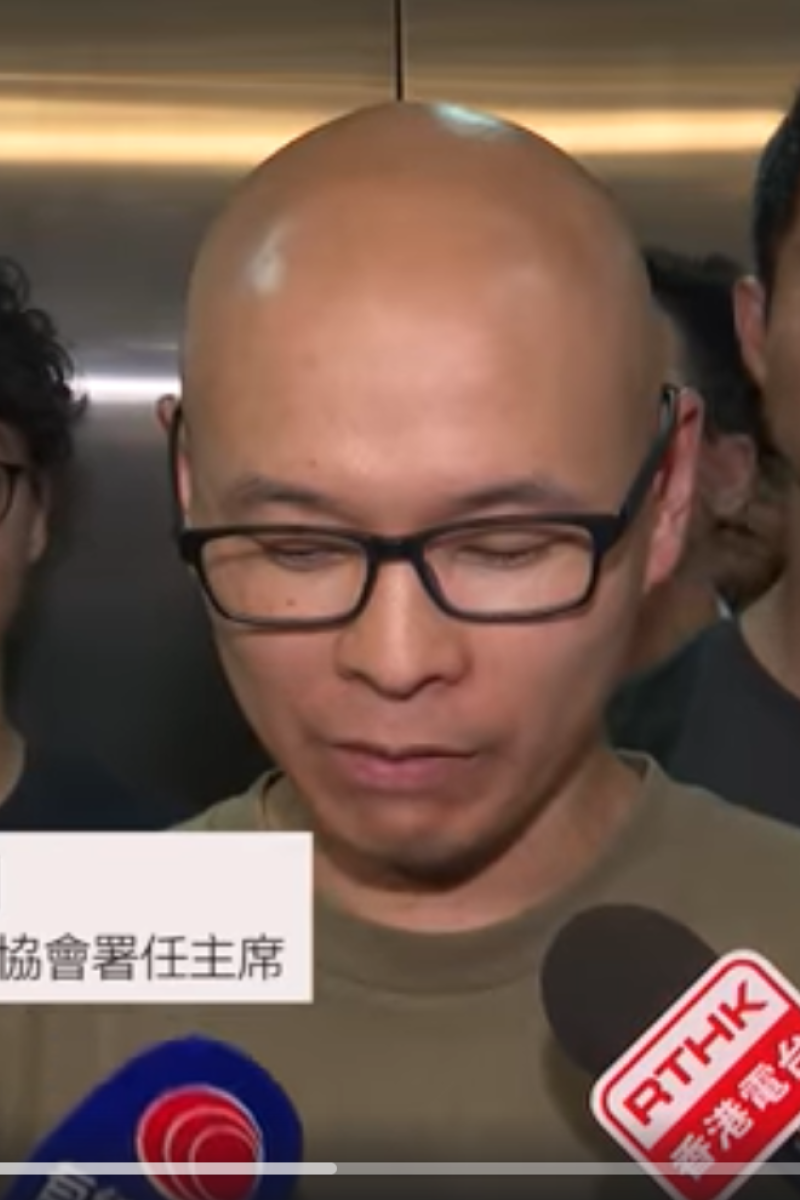
Listen to this article
Edwin Kwok is alleged to have given police close-up photos of anti-extradition-bill protesters, risking losing citizens' trust in journalists
Kelly Ho |
Published:
Sign up for the YP Teachers Newsletter
Get updates for teachers sent directly to your inbox
By registering, you agree to our T&C and Privacy Policy
Sign up for YP Weekly
Get updates sent directly to your inbox
By registering, you agree to our T&C and Privacy Policy